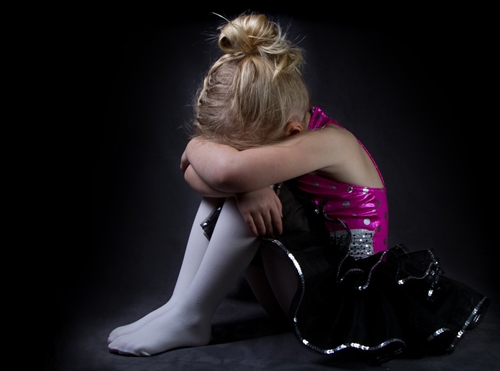Whether your students are toddlers or pre-teens, you’re sure to have a few conflicts during the year. Dancers who are upset or angry can interrupt the flow and atmosphere of class, so developing strong conflict-management skills is a crucial part of being a studio owner. Implement the following policies in your studio to improve conflict resolution for students and get everyone back to doing what they love.
Teach children to discuss conflict
Make it a studio policy that students talk to each other about problems. Responsive Classroom explained that student-to-student conflict resolution will help children learn how to deal with disagreements in a positive manner and prevent conflict in the future. These skills are extremely valuable, especially for young dancers, and they’ll carry the lesson with them throughout life.
To resolve a conflict, bring the two or three parties into your office for a low-key conversation. Before anyone talks, have the students take a few deep breaths and do a few of their favorite stretches. This will help everyone cool down and prepare them to talk calmly. Let each student say what is bothering him or her, and make sure the other students listen without interrupting (gee, does this sound a lot like parental conflict management or what?). Then work together to brainstorm a solution to the conflict and discuss how the issue can be avoided in the future.
Have a whole-class exercise
If you find that student conflicts are a common occurrence, it might be time to plan a lesson for the whole class. You may think to yourself, “Do I really need to be lecturing kids about problem solving? I’m supposed to be teaching them to dance.” However, if you have professional dance experience, you know that squabbles between dancers persist throughout all skill levels and can cause big problems. If your dancers are serious about pursuing their dreams, interpersonal skills will be imperative to their success.
Discovery Education recommended that you discuss different kinds of hurtful behavior with your class and then work together to develop coping strategies. Set aside 15 or 20 minutes of class time to run this activity. Have your students share a time when their feelings were hurt, either in the studio or in school. If they’re not comfortable sharing out loud, have them write on index cards. Then, work as a class to develop methods for dealing with name-calling, gossip, exclusion and any other problems that come up. You can display these coping strategies on a poster in your studio or have students sign a contract saying they’ll stick to the policies.


